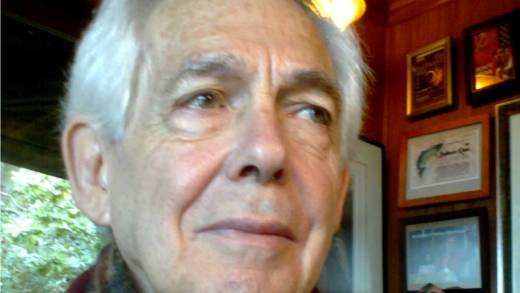America's immigration history helps define us, but Richard Friedlander says our noblest words and cherished documents condemn us.
It being a number of years since my days in third grade, I’m not aware whether children are still being taught Emma Lazarus’s heart-wrenching poem immortalized in bronze at the base of the Statue of Liberty. “Give me your tired, your poor, your huddled masses yearning to breathe free.”
This noble sentiment is in perfect harmony with the Declaration that pronounced all to be created equal. Today, those impassioned words threaten to condemn us. It’s nothing new. Neither are the reasons why.
Immigration is almost synonymous with America, and yet, except for a brief honeymoon period, it has been inextricably bound to race and politics. The years bracketing World War II are a prime example of this. Japanese had been legally excluded since the mid-nineteen twenties, an extension of the nativist, anti-Asian policy adopted at the end of the previous century. Pearl Harbor saw over a hundred thousand American citizens of Japanese descent forced into internment camps; deprived of property and their lawful place in society; declared enemies because of their skin and a baseless mistrust of their loyalty. After the war, in contrast, we let thousands of Japanese war criminals go free because we needed Japan as a buffer against the Soviet Union. Our doors were finally reopened to Japanese as well as Southeastern Europeans by a 1965 Act of Congress.
We had much more to fear from Germans, but they were from Europe’s Northwest. When peace came, we helped thousands of ex-Nazis with false I.D.s reach the United States, while rejecting victims of the Nazi horror whose only identity was the numbers tattooed on their arms. What Emma Lazarus might have thought of our giving V. I. P. treatment to Werner von Braun, the brilliant rocket scientist and soulless employer of slave labor, while bouncing those deserving of entry, I leave to your worst imagination.
